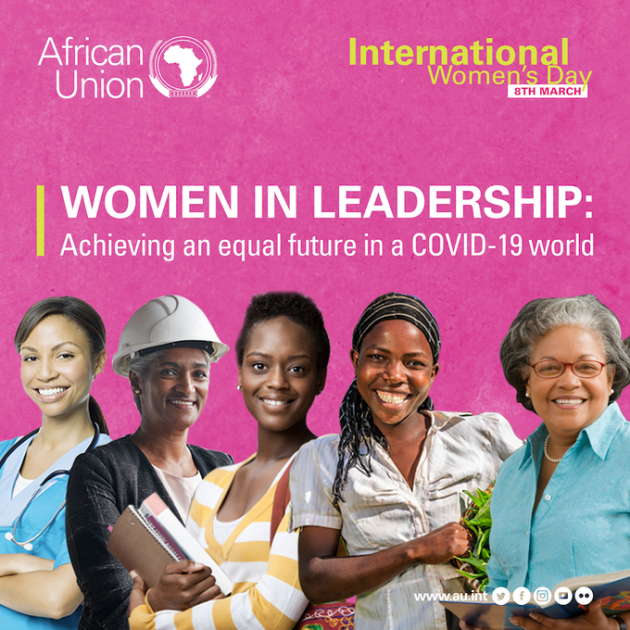Topic Resources
October 22, 2019
October 22, 2019
February 10, 2022
Agenda 2063 is Africa’s development blueprint to achieve inclusive and sustainable socio-economic development over a 50-year period.
April 17, 2025
March 27, 2025
April 15, 2025




